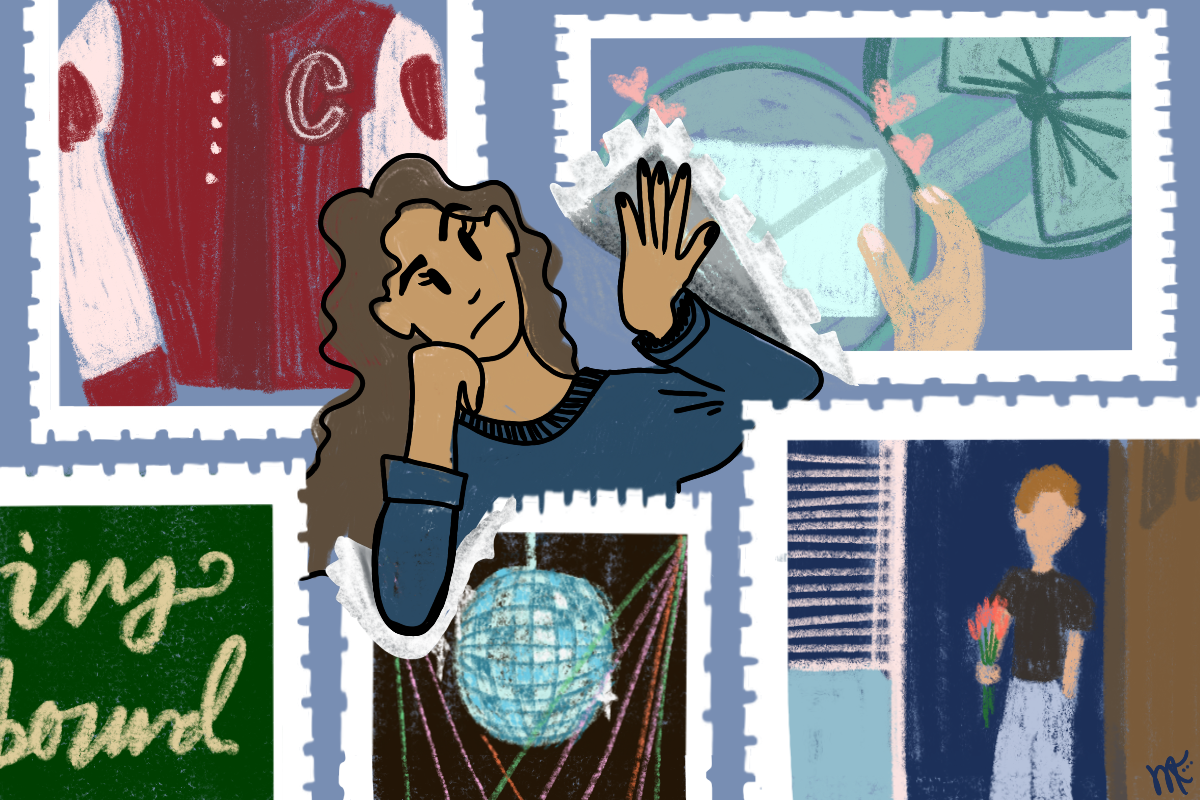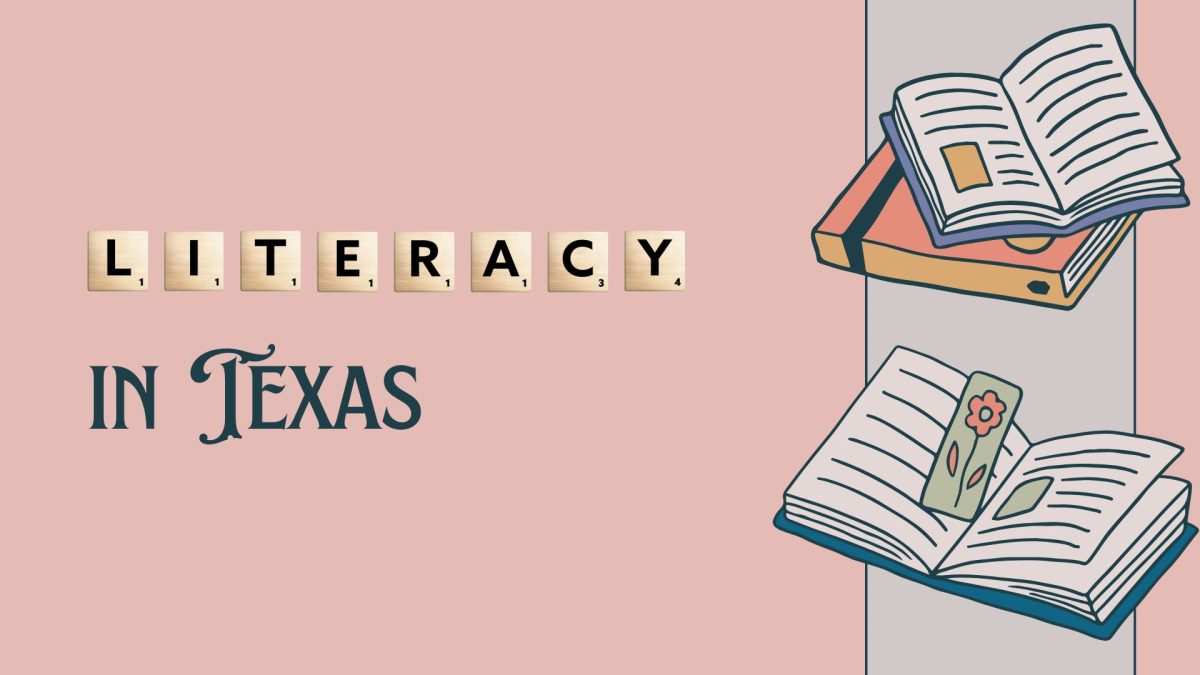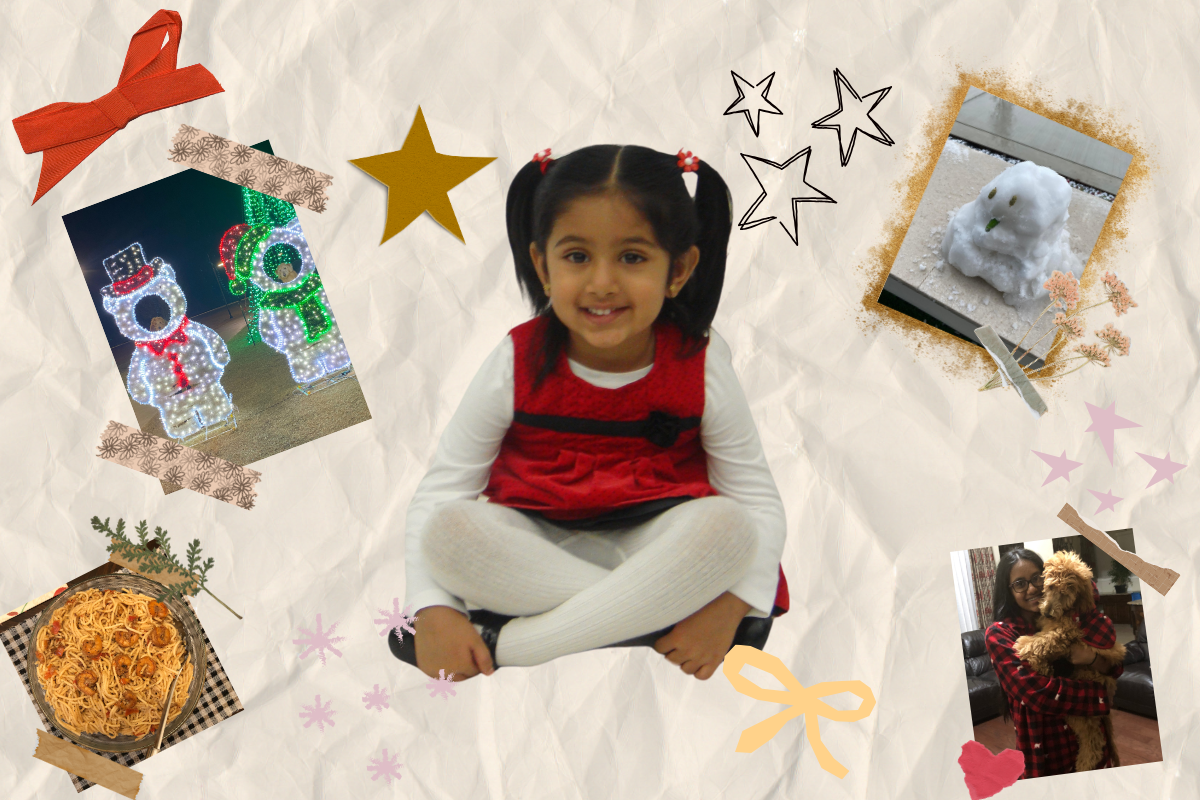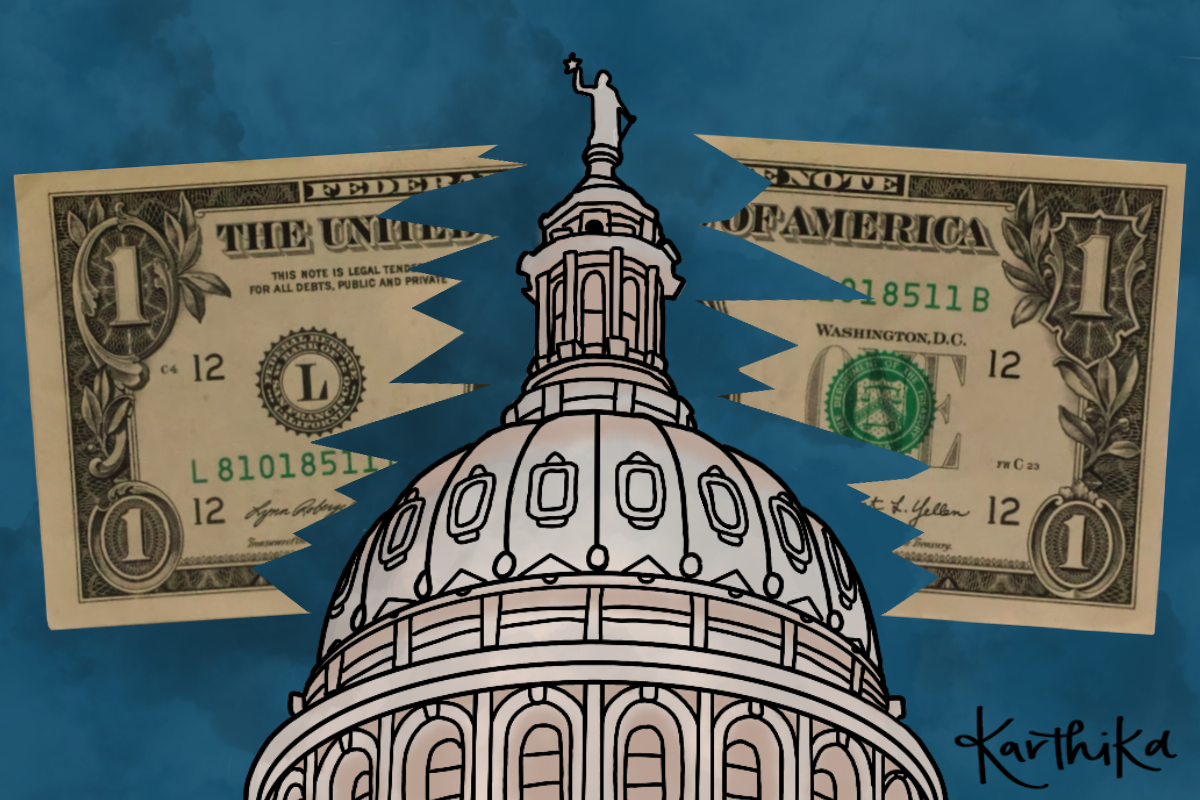By Pranathi Chitta
Staff Writer
You have probably been warned about how colleges may be monitoring Facebook activity in an attempt to learn more about an applicant. A recent New York Times story titled “They Loved Your G.P.A. Then They Saw Your Tweets” brings up the issue of how colleges are incorporating social media into college admissions.
Everytime I tweet, put a picture on Instagram or update my Facebook status, I now think about who, other than my friends, will see this and what it will mean for the future. If I say this, will I get negatively judged by the prospective college I really want to go to? I certainly do not want to face such consequences just because of some foolish status I made.
As I was looking through my Facebook history, gnawing at all the childish and horrific statuses I made back when I was younger, I can only hope that those status’ were a mere reflection of how silly I could be in my younger years and nothing more. What I mean to say is there is no reason such harmless statuses should serve a different purpose than

intended. Little did I know that social media activity can play into college acceptances. Even as a sophomore, I am somewhat intimidated that perhaps future college admissions may be influenced by my random statuses and tweets.
This method of getting to know a prospective student is a little shallow. Yes, a student’s social media activity may reveal something significant, either positive or negative. However, it is more appropriate to obtain details of a student’s profile through an application. There have been instances where a student’s inappropriate use on facebook, such as bullying, have resulted in serious consequences. There are those instances where such discipline is necessary, especially when social media content is harmful to others.
However, judgement based on spontaneous, fun, “spur of the moment” social media activities should not be the final factor in a make or break decision or even significantly influence a prospective student’s profile. This type of character stalking should be more of a personal insight into a student social life. Besides, haven’t our teachers taught us that everything on the internet and other media outlets is not always true?
These social media outlets are beginning to become the only way many teenagers can express their feelings. Students are able to embrace their social life more comfortably and openly through social media, so yes, there may be surprises here and there. But just as embarrassing moments in life are not always recorded for future viewing and judgement, social media history should not completely determine a student’s academic future.
Nonetheless, there are certain safeguards you should maintain, especially knowing that your comments may be taken in the wrong way.To avoid being caught in a sticky situation, be careful of what you are posting and do not be inappropriately impulsive. As students of an emerging digital age, we should not abuse our rights, especially on the internet, a place that is becoming more public than ever, so think before posting.








